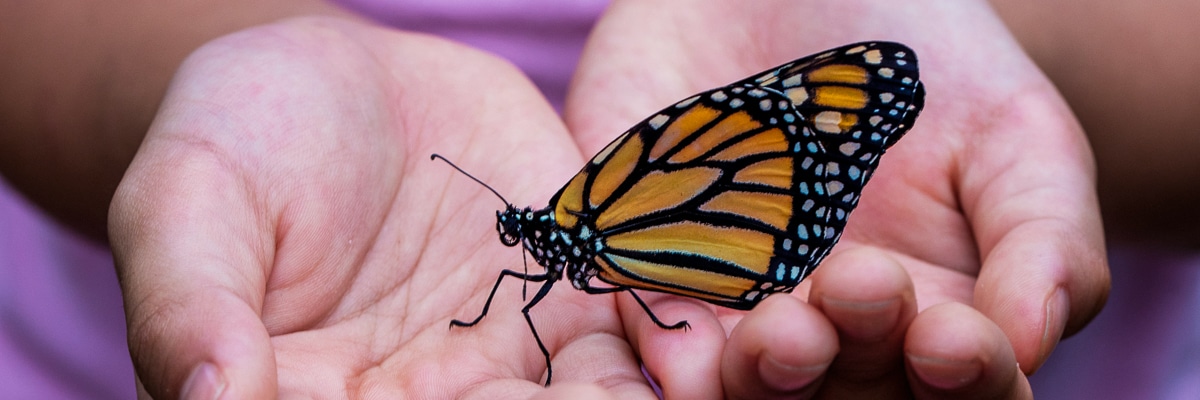
Rev. James Lawson (1928–2024), an influential teacher of nonviolence in the civil rights movement, insists on the effective power of nonviolence:
There is impracticality to violence. It’s ineffective and has been ineffective throughout the world for too many years. We must not let people who romanticize or mythologize violence persuade us that it has proven to be efficacious…. It has proven to be the most ineffective weapon. It drains emotional, psychological, moral, and spiritual energy with no good consequences.
I want to urge you today to the spiritual and moral task of creating a revolution that is utterly necessary in the twenty-first century. And when I use the term revolution, I do not mean violence.
From the perspective of Gandhi, nonviolence is the use of power to try to resolve conflicts, injuries, and issues in order to heal and uplift, to solidify community, and to help people take power into their own hands and use their power creatively. Nonviolence makes the effort to use power responsibly.
Lawson’s Christian faith is at the center of his philosophy of nonviolence.
At the root of nonviolence is the notion that within each person there is not only a spark of God, as the Quakers say, but also the spark of love and compassion. I hear many people saying, “I’m not going to love my enemy.” As Martin [Luther] King points out so very well, when Jesus said to love thy enemy [Matthew 5:44], he was not talking about friendship love, nor was he talking about romantic love. [1] He was not talking about deep liking and appreciation. He was talking about what the Quakers and William Penn pledged to the Native Americans during colonial times: how even though we are very different, and we come from different countries and different cultures with many different languages, we have a common human experience that we can show each other and that we can come to respect.
There is no other way. It cannot be done with hatred. It can only be done by people who have compassion and awareness of their own lives in the light of creation. It cannot be done by insulting other people, cannot be done with the gun or the fist, cannot be done with bombs. We three-hundred-plus million people of the United States can be healed of our fears and our animosities, our hurts and our pains, but that can only happen if we adopt a nonviolent perspective, daring to put the issues on the table in front of us no matter the pain, walking through them and putting together the ethos and principles that can create in the United States a new earth and a new heaven. And I think if religion is valid, as I understand it for myself and for my family, I think religion must get out of the pews and become a movement for the moral, intellectual spirituality that can help us become the people that God has created us to be.
References:
[1] Martin Luther King Jr., “A Christmas Sermon on Peace,” in A Testament of Hope, ed. James Melvin Washington (San Francisco, CA: Harper and Row, 1986), 255–256.
James M. Lawson Jr. with Michael K. Honey and Kent Wong, Revolutionary Nonviolence: Organizing for Freedom (Oakland, CA: University of California Press, 2022), 30–32.
Image credit and inspiration: David Clode, untitled (detail), 2018, photo, Australia, Unsplash. Click here to enlarge image. Like a butterfly in open hands, peacemaking requires the humility of opening our hearts to the delicate dance of co-creating a just peace.
Story from Our Community:
I love Julian of Norwich’s phrase, “All shall be well, and all shall be well, and all manner of thing shall be well.” It resonates with me, not because it is a panacea of reassurance, but because it touches the space within us where we deeply feel at peace, in a state of equipoise, beingness, and in touch with our interconnection to each other. Although we live in this distracted world, we can still find moments to connect with that deep inner truth.
—Amala L.




